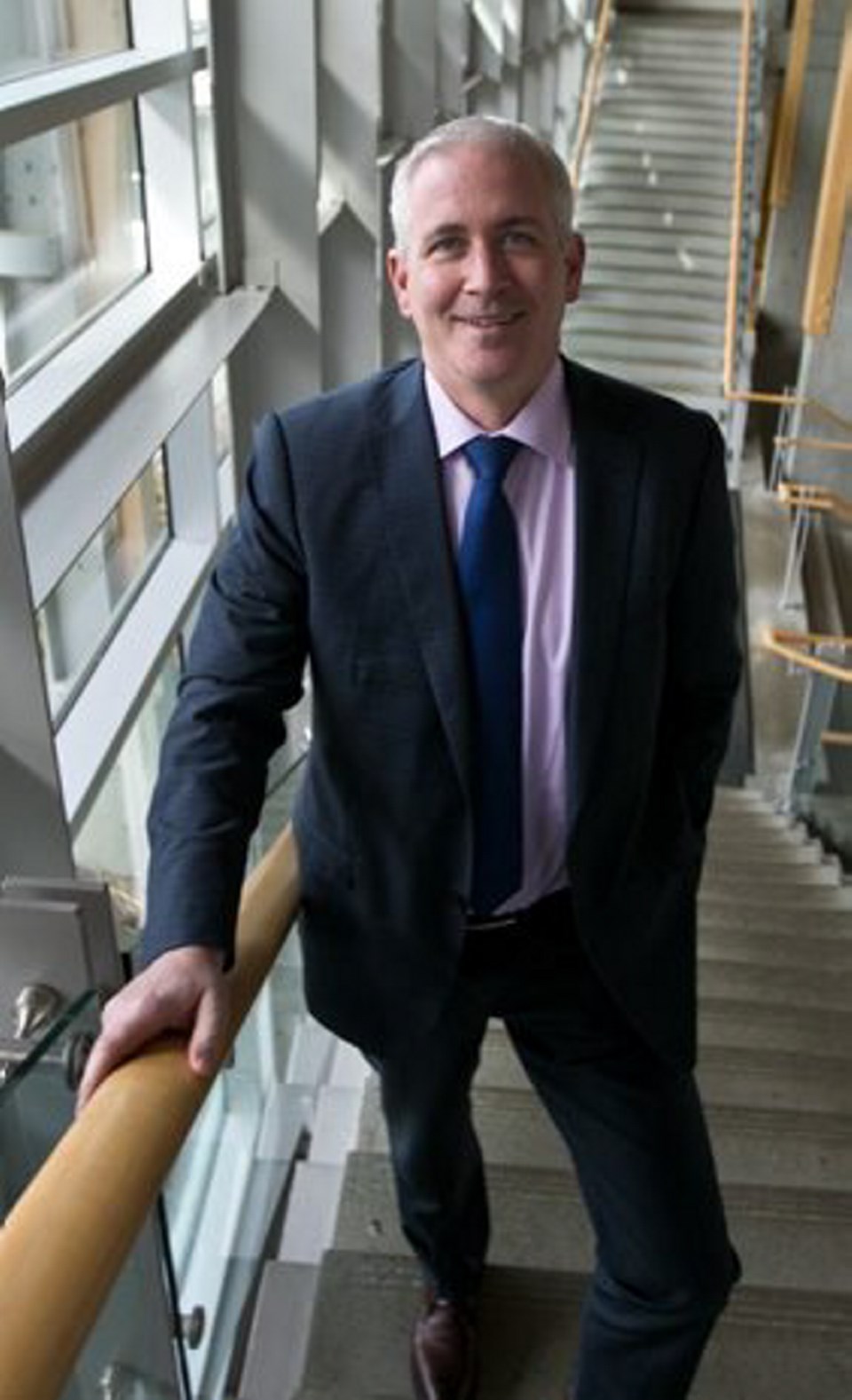As its name suggests, Ideafest is a University of Victoria event showcasing the birth of new thought, its inspiration, its incubation and its ongoing transformation.
“The whole idea is to mobilize some of the knowledge that people are developing here at the university,” David Castle, UVic vice-president of research, said in an interview.
“It can be in engineering, energy systems or it can be about performance work in the faculty of fine arts,” Castle said. “It’s an opportunity for the whole university to show the local community what it is that people are doing here.”
Ideafest, in its fifth year, is a week of lectures, workshops, displays, interactive activities and discussions put on by UVic researchers, whether they are faculty members, graduate students or, this year, even undergraduates. It runs Monday through Saturday this week.
Other universities typically highlight one branch of knowledge, as in a science fair. Ideafest stands unique in drawing on all research.
This year, it will feature 50 events drawn from academics and others volunteering to discuss their work and ideas.
It’s a big jump from five years ago, when Ideafest started with 12 events. Also, according to organizers, this year’s events are the strongest yet.
Meanwhile, in an effort to connect with the community, some events are taking place off campus.
For example, one of Ideafest’s premier events will be held at the Belfry Theatre in Victoria’s Fernwood neighbourhood.
Already fully booked, it is a conversation with three of UVic’s most noted scholars, artist Sandra Meigs, astronomer Sara Ellison and ethnobotanist Nancy Turner.
But Ideafest is also more than academics discussing their research with lectures and panels of talking heads. It’s about the people of the university using the event to connect with the community in ways they normally wouldn’t consider.
So for career academics, Ideafest is an opportunity to act out and take some risks in the way they present their work.
“It’s where a lot of people get to make presentations that are out of the box,” said Ideafest organizer Tara Todesco. “It’s not just your typical academic lecture.”
Members of the language faculties, such as French, Spanish, Italian and Slavic, are making a presentations on graphic novels, cartoons and comic books. In another, musicians, visual artists and community enthusiasts will team up with forest ecologists to explore the world of forest fungi and mushrooms.
Some events have been structured and designed with youth in mind, such as a presentation on video games and how they might be used to integrate migrant families into the community.
Castle said Ideafest is something to which the academic community genuinely looks forward. It has reached a point where it attracts more volunteers than requested.
“Academics love talking about their work,” Castle said. “They are researchers, but most of them are also natural teachers.
“So they live in this world [the university], but they are usually only too happy to talk about and share their interests.”
Ultimately, Ideafest is a chance for UVic to speak and share with the community.
Castle said, with pride, that UVic has long made a conscious effort to connect with the community.
“This university, in particular, has a long tradition of being community-minded and engaged,” Castle said.
“People here all realize where they live and they absolutely do want to engage with the local people.”



